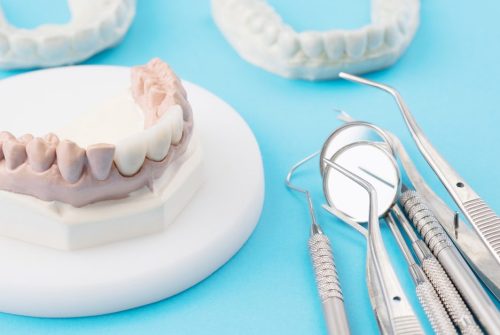
Feeling a persistent lump or tightness in the throat, in any event, when there’s no physical check present, is a sensation familiar to many. Medically named “globus pharyngeus” or basically “globus,” this peculiarity has been connected to various causes, with stress and anxiety being primary guilty parties for many individuals. The osjećaj knedle u grlu can be a symptom of anxiety or emotional distress.
Stress and anxiety affect our bodies in more ways than one, from increased heart rate to muscle pressure. One of the less popular impacts of these emotional states is their potential to create physical sensations, like the feeling of a lump in the throat. In any case, how does an emotional reaction manifest physically along these lines?
At the point when we experience elevated pressure or anxiety, our body’s “instinctive” reaction gets activated. This ancient survival mechanism prepares us to either go up against or escape from apparent threats. Although helpful in situations of immediate danger, in today’s world, this reaction often gets set off by daily stressors, from tight work deadlines to interpersonal contentions. A result of this reaction is the fixing or narrowing of various muscles in the body, remembering those for the throat. As these muscles choke, they can create a sensation of tightness or a lump, regardless of whether nothing is physically there.

Furthermore, stress and anxiety can lead to or exacerbate different circumstances that add to the lump sensation. For example, uplifted pressure can be a trigger for increased acid creation in the stomach, potentially leading to gastroesophageal reflux disease (GERD). GERD happens when stomach acid streams back into the esophagus, irritating its coating. Over the long run, this irritation can lead to the feeling of a lump in the throat.
There’s also a psychological part to consider. The individuals who are hyper-aware or excessively centered around substantial sensations, often because of health anxieties, could see the lump sensation more strongly or much of the time. This hyper-awareness can create an endless loop: the more one worries about the sensation, the more extreme or persistent it could appear, leading to significantly more anxiety.
In Conclusion, while the sensation of a lump in the throat can have various causes, stress and anxiety are significant contributors to many. Perceiving this association and looking for both emotional and physical therapeutic approaches can be key in alleviating this uncomfortable sensation. The osjećaj knedle u grlu can be unsettling, often linked to anxiety or emotional strain, impacting swallowing.






